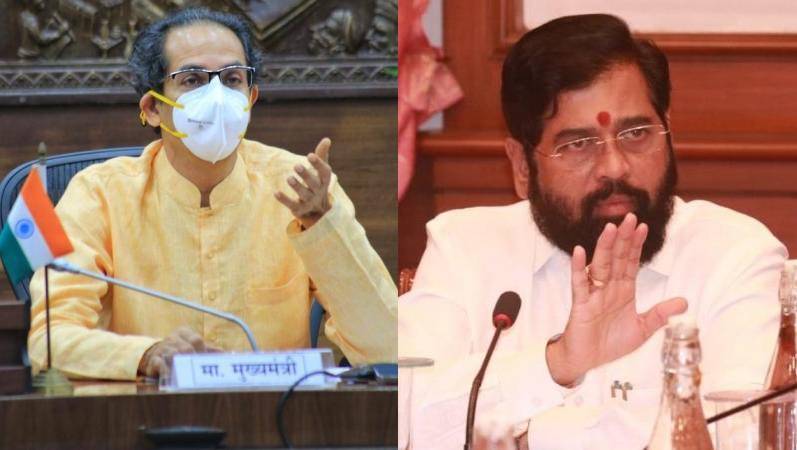Around 17 invasive plant species that have been found in different ranges of the national park are posing a grave threat to the habitats, including grasslands….writes Sujit Chakraborty
The Kaziranga National Park and Tiger Reserve (KNPTR), home to more than 2,600 one-horned Indian rhinos, is faced with a major threat — not from poachers but from several invasive plant species that are threatening to destroy the habitats of one-horned rhinos and other animals.
Around 17 invasive plant species that have been found in different ranges of the national park are posing a grave threat to the habitats, including grasslands.
KNPTR Director Jatindra Sarma, who discovered these invasive species growing profusely, said: “While venturing out in different areas and pockets of KNPTR falling under different ranges, I have come across certain species of plants of invasive nature, few of which are already reported (mostly annual herbs, perennial herbs), now identified to be weeds, posing grave threat to habitats of the herbivores in as much as impacting the grasslands severely with regeneration being alarming.”
Sarma, who is an expert on medicinal plants and mushrooms found in northeast India with more than 25 scientific papers published in national and international research journals and books to his credit, including ‘Medicinal Plants and Mushrooms of India’, told IANS that there are some plants having toxic impact once under water and dominating the small trees.
The senior Indian Forest Service officer, who has been credited with discovery of rare and high value medicinal plants and rediscovery of plants considered to be long extinct, has come up with a comprehensive plan of action for dealing with the menace of expansion of the species as well as regeneration of the invasive species at an alarming rate.
He, however, found out from his extensive field visits that some of the species he stumbled upon are not weeds but are highly economic species.
In the wake of the new menace plaguing the world famous India’s seventh UNESCO world heritage park, the KNPTR Director has sought the permission from the concerned authorities to go in for experimental culling, cutting, slashing, uprooting, and girdling of the invasive plant species.
Sarma who took over as the Director of the national park earlier this year, has come across a poisonous plant of the Solanaceae family – Cestrum diurnum – growing luxuriantly in the chapories like Bhakte, Bamun, etc falling under the Bokakhat range headquarters.
“Though it is a weed, it is of high medicinal value, being a source of Vitamin D-3, being smuggled out by unscrupulous traders from elsewhere of eastern Assam. I have already taken up the matter with a Delhi-based manufacturing company for commercial cultivation of the species through the Eco-Development Committees (EDCs). Once we finalise the modalities with the company which requires 10 tonnes of dry leaves per month, this particular weed could be turned into potential crop for the people living in the vicinity of the park to uplift their livelihood.
“I have asked the company to furnish the rates for the raw material since the plant is not abundantly available nor cultivated obviously because of its toxicity, not even browsed by herbivores, cattle, etc and also the protocol, if any, for sustainable harvesting involving the marginal farmers, EDCs, etc.”
Looking into the burning issues at hand, Sarma said: “The KNPTR, the Wildlife Institute of India and the leading NGOs working for the park can collaborate for vibrant research to the burning issues at hand through a pilot project with focus on weeding out the invasive species which are seriously affecting the flora and fauna of the park. This will also help in better understanding and improved habitat management of KNPTR.”
Sarma has also taken up the matter with the higher-ups for developing and maintaining a nursery for indigenous grasses, fodder species of different species of grasses for all the herbivores inhabiting the KNPTR.
In view of the critical nature of grasslands that are shrinking everywhere due to various factors coupled with the climate change happening fast, Sarma emphasised on the need for conservation and propagation of the members of the Poaceae family in a very holistic manner.
“Not many of us accord much importance to the members of the Poaceae family and not much of scientific papers are available wherein we need to stress upon its need for conservation and propagation in a holistic manner,” Sarma added.














